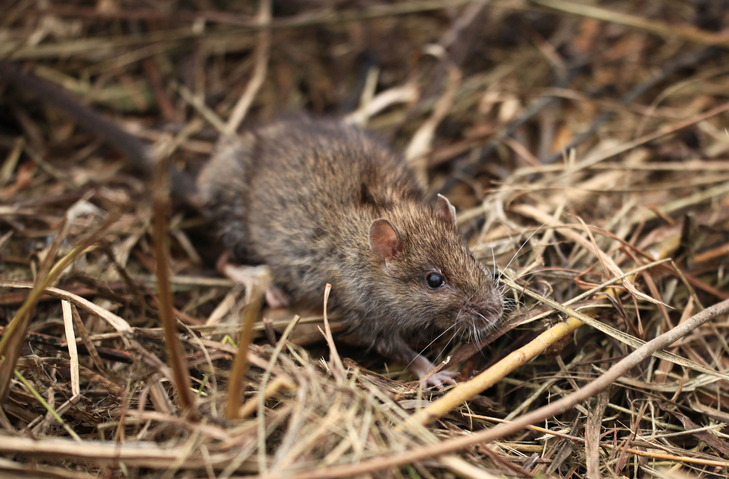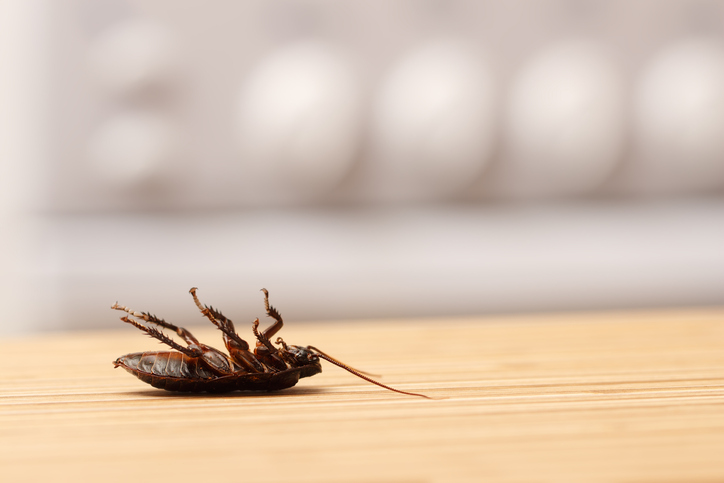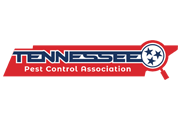Have you ever considered adopting a rat, mouse, or hamster as a pet? Many people do. Not only are they adorable, but they will eat food out of your hand and provide endless hours of entertainment while they run around inside their cages. The question is, where is the line between pet and pest when it comes to rodents? Are the rodents people buy at stores special in some way, or is there something else going on. We are going to be talking about this today and uncovering what it is that makes wild rodents so dangerous.
Common Home Invading Rodents
There are thousands of kinds of rodents around the world. Around Tennessee, we have squirrels, voles, chipmunks, shrews, mice, and rats. Of all these furry creatures, rats and mice want to invade your home the most. These two codependent creatures prefer the comfort and opportunities homes provide over what they are provided out in nature. Just think about it, not only is your home temperature controlled, but it is also fully stocked and has built-in water sources.
Damage Caused By Rodents
All rodents share at least one thing in common, their sharp front incisor teeth. On most rodents, these teeth are strong enough to chew through wood, plastic, crumbly concrete, and aluminum sheeting. Around homes, these pests chew on anything that gets between them and somewhere they want to be. This could be anything from a wall to a clump of electrical wires, to a utility pipe. Regardless of what they choose to chew on, the damage is done, damage you will have to eventually pay to fix.
The Danger Of Rodents
What is it that separates pet rodents from pest rodents? The answer is simple. It all comes down to freedom. When a rodent is allowed to live free, they make bad decisions. Decisions like swimming through sewage or chewing on a dead crow. These bad decisions lead rodents to pick up several disease-causing organisms. If rodents like mice and rats get into your home, they will spread these organisms, from their bodies and with their fecal matter and urine, over countertops, inside pantries, and everywhere they roam. Some of the most common diseases rats and mice spread include salmonellosis, hantavirus, rat-bite fever, and tularemia.
Rodents also indirectly spread other diseases through the fleas and ticks they can carry. If a rat or mouse is hosting a flea or tick when it invades, your home could become infested. This is especially troublesome if you have indoor pets that don’t have proper flea and tick prevention.
The Safest Most Effective Way To Deal With Rodents
There are only two safe ways to deal with a rodent infestation, and which you choose depends entirely on the size of the problem. If rodents just recently invaded your home, store-bought traps and a little bit of peanut butter might solve your problem. We recommend baiting traps with peanut butter and placing them in areas you suspect rodents are traveling through at night. If you catch a few within a couple of days and don’t see any more signs of an infestation, great! If you don’t find success within a couple of weeks, it’s time to get a professional involved.
At Proven Pest Management, we offer safe and effective solutions to rodent infestations of all shapes and sizes. We will implement advanced rodent baits and traps around your home to quickly round up any rodents, causing your trouble.
If you do not feel comfortable dealing with a rodent problem on your own, do not take the risk. Give our team a call today or reach out through our website to schedule your home for a service visit or to talk about our long term rodent exclusion plans.










